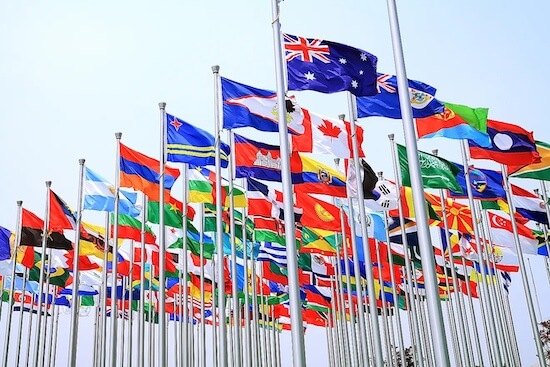
This week I have worked in England, Scotland, Cayman, Australia and Canada.
Yesterday I met a friend and mentee from Australia who is in London for the graduation ceremony for their Master’s Degree (all completed online), then on a train to another city in England for a meeting with a client tomorrow, who, before meeting me later today, will have been on calls to India and Australia. I then finish today, get the train home before jumping on a call to Cayman.
One of the latest areas countries are wrestling with is where and how to tax people on their earnings, particularly given trends for more and more people to move to different countries and work remotely.
Even this has added complexity when one considers globalisation within work. Imagine someone working for a UK company but remote working from Portugal. Now consider they are actually working on client work for businesses in Brazil and serviced by the office of their company based in Buenos Aires. Where do you tax them on that?
Yes, physical location (and office) is key for many industries, but for the ever-increasing number of knowledge workers, it is increasingly irrelevant.
As these global trends continue, we must ultimately consider the relevance of nation-states. This is not to say that they are irrelevant, simply that one cannot assume that the purpose and value of such institutions is static within our highly dynamic world. Instead, we must consider, at this high level, what the purpose and value of nation-states can and must shift from and to.
If I live in Portugal, should I pay taxes in the UK on my income (if I am a UK national)? Clearly many services provided by the UK state are of no benefit to me if I live elsewhere, but some may be. I think back to the gunboat diplomacy of Palmerston in the mid-1800s when holding a UK passport literally meant that the navy may be sent to blockade Athens if the Greek government mistreated you (although when Palmerston did this it was far more about flexing national muscles than helping one person!). One may also consider that UK nationals had the right to live and work (and receive social benefits such as healthcare) across the EU prior to Brexit, but now this is lost.
Nation states also have central banks, judicial systems, trusted systems for trade and exchange etc. However, are these also increasingly irrelevant (blockchain etc)?
I am simply musing on a big-picture topic, but at the same time, the same applies to companies.
Think beyond your assumptions of relevance to your clients and your people. A thought experiment. First picture how the world will look in a decade, from technology to trade to how we live. What type of company (inside and out) will you need to be then? Then, once you have considered that, consider what you will need to change when and how.
